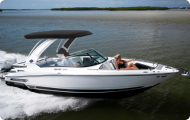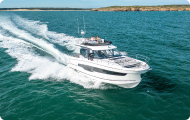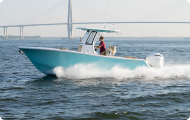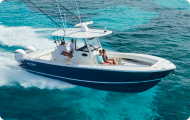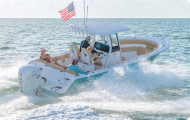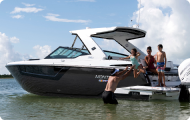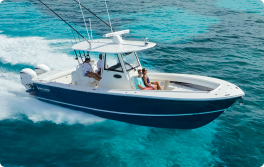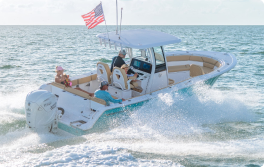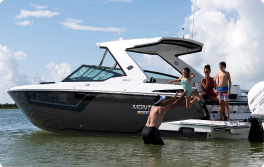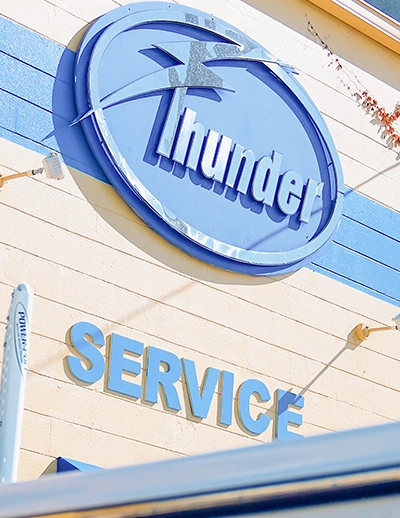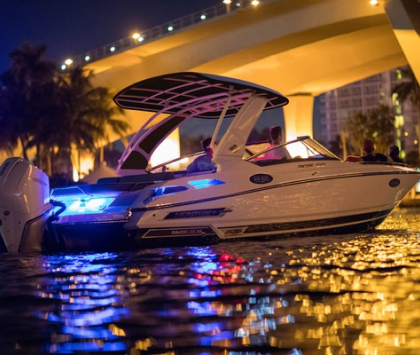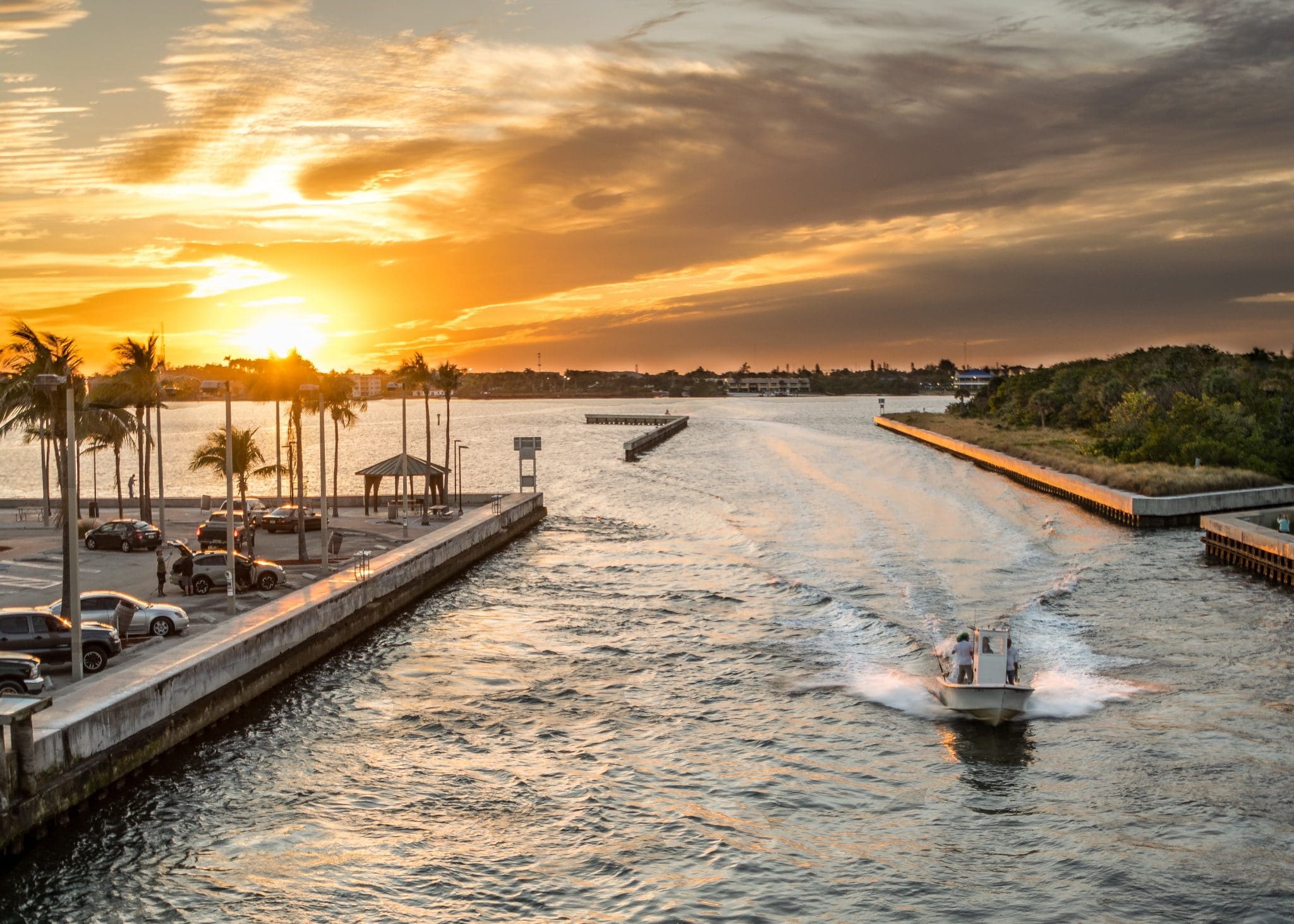You probably already know that many states require boat operators to take a boating safety course, and even carry a boating license proving you’ve completed the program successfully. If you haven’t yet enrolled in one or signed your family up, you might not realize the all-important expertise you’ll gain.
Here are six of the essential safety skills you’ll perfect, whether you take an in-person, on-water, or online course.
1. Understanding & Identifying Different Parts of a Boat
There’s more to boating than knowing the pointy end is the bow and the flat end is the stern. A safety course will teach you about hull designs, for example, plus the equipment you need for your specific boat and even types of engines. This makes you a better-informed buyer, owner, and operator because you’ll respect the strengths and limits of your craft.
2. Recognizing Navigation Buoys & Channel Markers
Do you know what a nun or a can is? How about the difference between a red marker and a green one? Just like the roads we travel with our cars, our waterways use specific signs, called aids to navigation, to convey where to go and what to do.
3. Tying Basic Boating Knots
Boaters use lines (a.k.a. ropes) to secure their craft to the dock or another boat if they’re rafting up. Sailboat owners also use lines to manage sails, and everyone uses lines to secure anchors and other safety gear, like fenders.
That said, however, you don’t simply tie a traditional knot in the rope and call it a day. Every boating safety course teaches the most commonly used nautical knots, plus how to care for your boat’s lines.
4. Improving Your Boat Handling Skills
Taking the wheel and steering is just one small step. If you own a sailboat, for example, you need to learn how to trim the sails. Regardless of boat type, knowing how to dock and undock, anchoring, and memorizing the Rules of the Road are all part of the essential safety skills.
5. Filing a Float Plan
A float plan is sometimes called a trip plan. It’s a written description of your intended boating destination and activities, along with who’s going, what type of boat you have, your contact details, and when you expect to return. It saves time and lives in an emergency.
6. Learning Emergency Maneuvers & How to Give Way
No one likes to think about “what if” scenarios, but being prepared for them is crucial. Boating safety courses teach the most common emergencies that arise when you’re away from the dock and how to handle them. This includes your passengers if you fall ill or otherwise can’t drive your boat.
Furthermore, the courses teach how to communicate the problem to emergency personnel who may be nearby or on shore.


